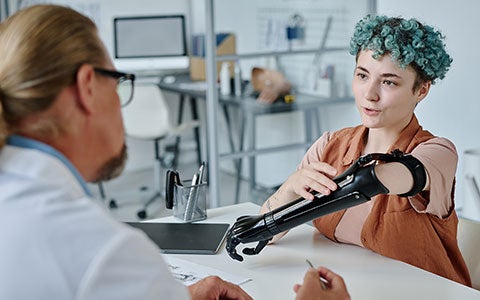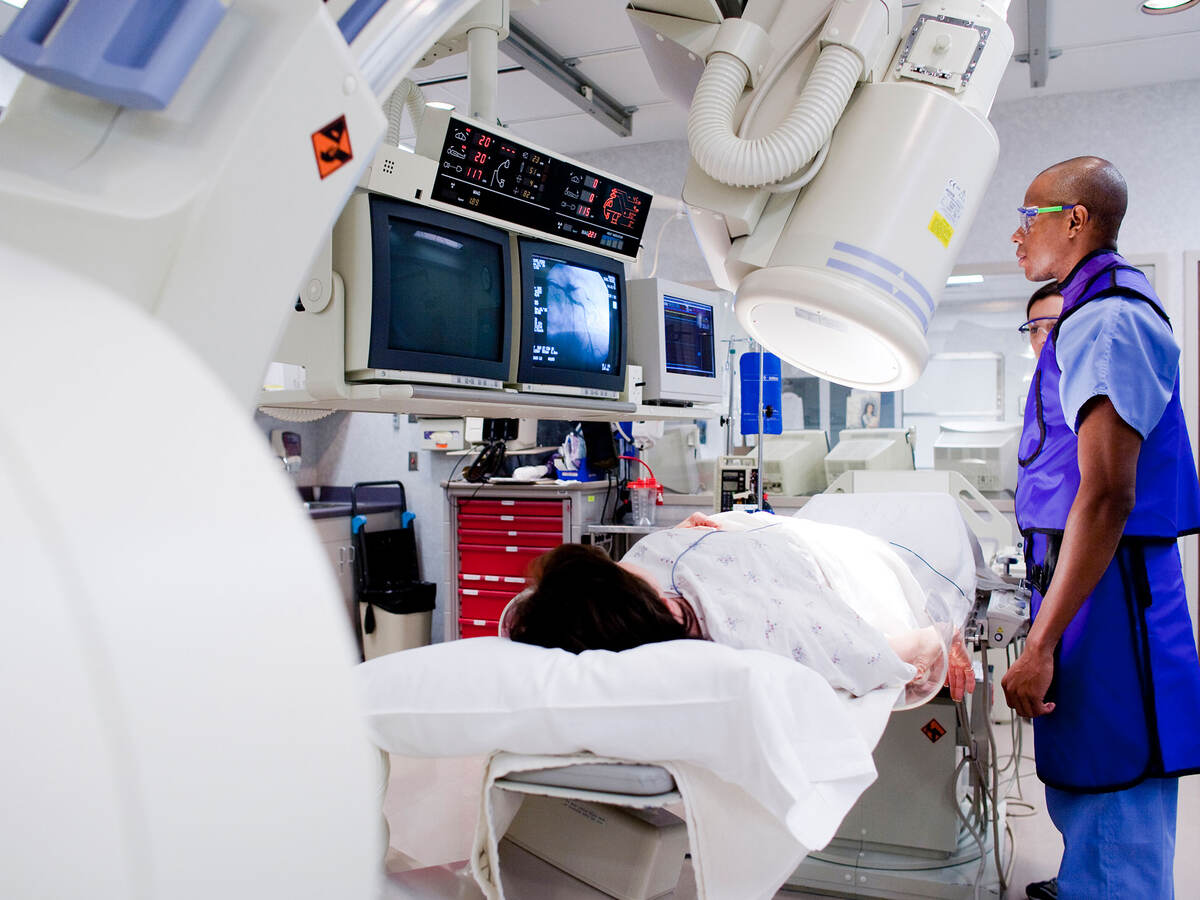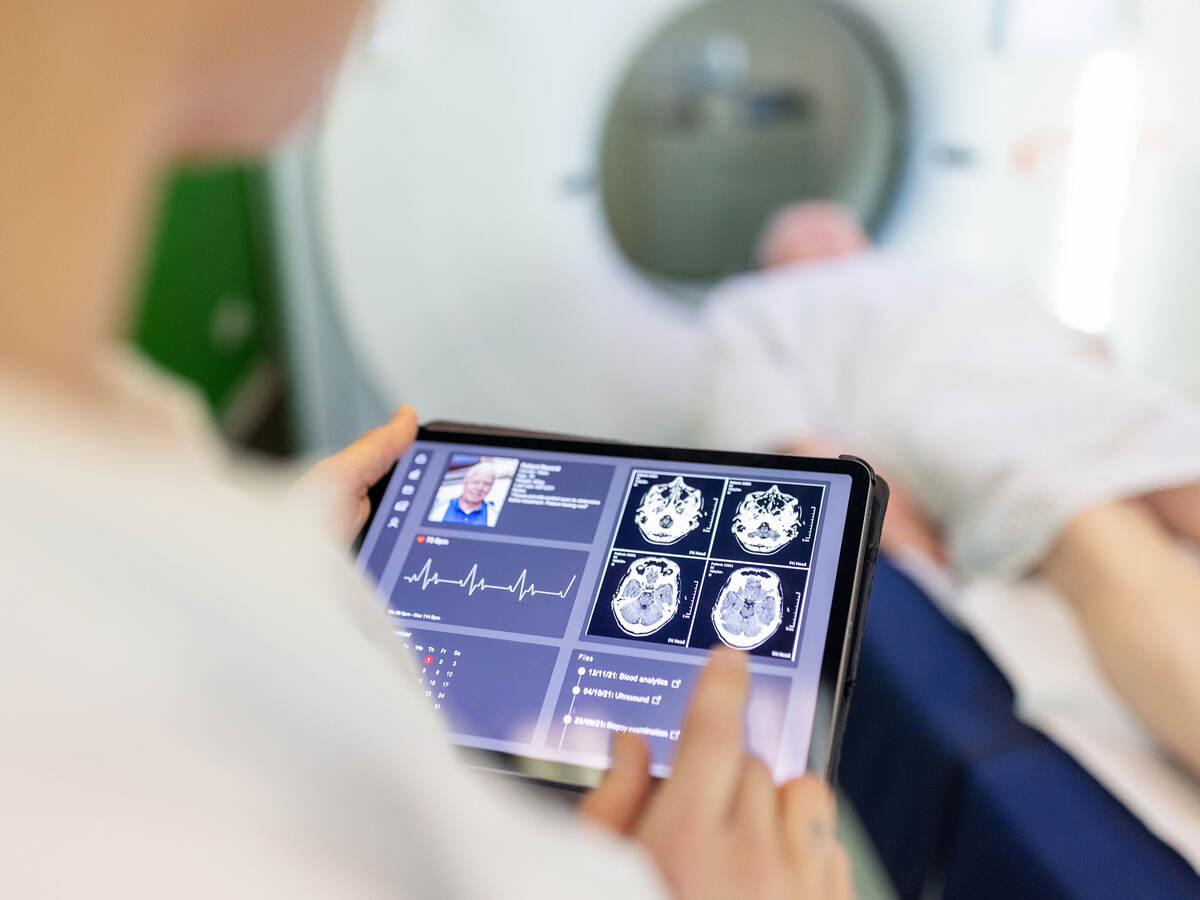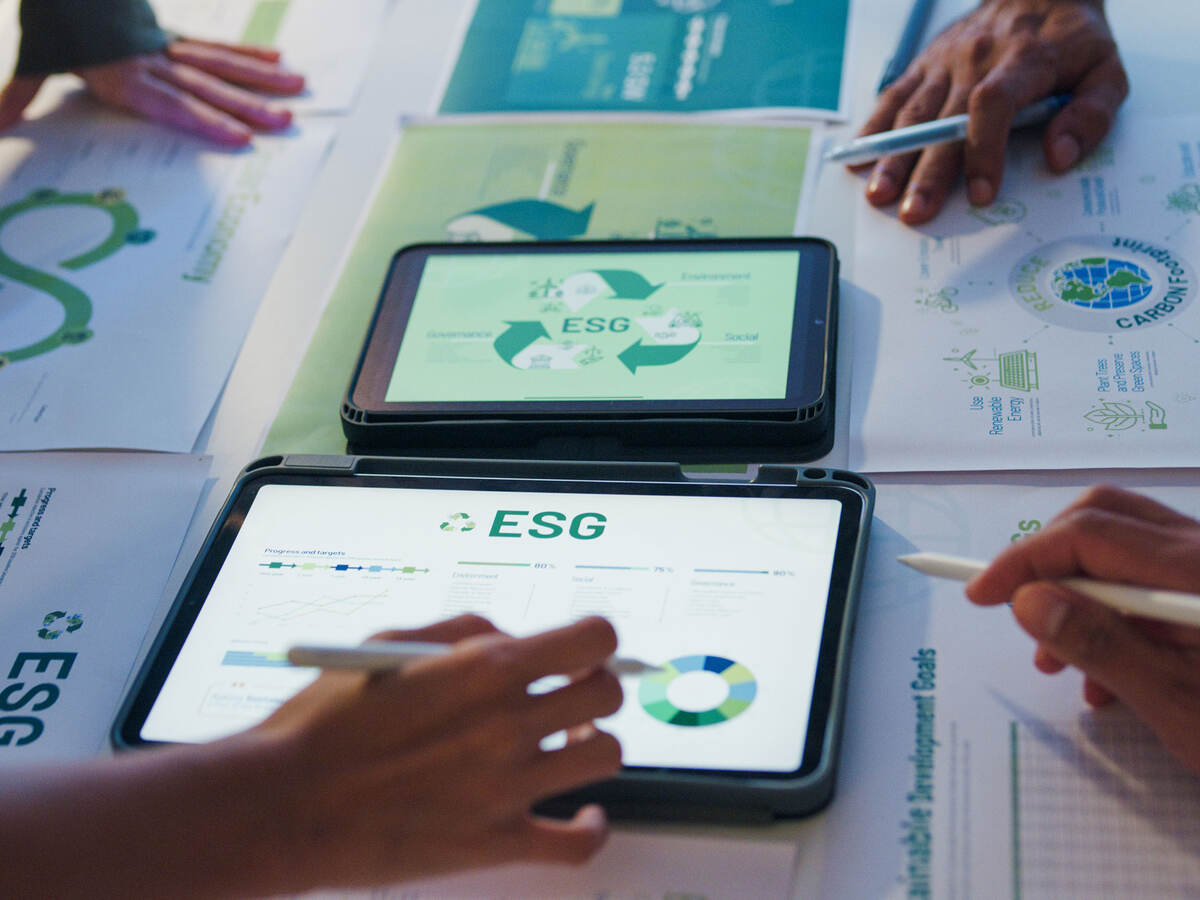Challenges to medical innovation, safety and compliance
Advances in medical technology and associated safety risks, along with the lack of regulatory expertise and software capabilities complicate paths to market and device delivery for customers. There are critical industry challenges to overcome before bringing safer, more compliant and more sustainable medical products to market.
Lack of regulatory compliance automation
Evolving cybersecurity risks

Expertise gap in workforce training
Supplier and material noncompliance
Become industry innovators of safe, compliant, sustainable products
We help Health and Life Sciences companies:
Automate regulatory affairs
Streamline compliance with digital tools and create global market access strategies with our experts.

Manage cybersecurity risks
Demonstrate safety for users and industrial systems through testing, certification and evaluation of connected devices.
Expand supplier visibility
Build greater visibility into suppliers and materials for quality and risk management.

Innovate product development
Leverage human factors expertise and software for safer, user-centric medical products.
Build qualified workforces
Create automated and role-based training programs to reduce noncompliance risks and increase workplace safety.

Elevate ESG performance
Navigate ESG frameworks and streamline data collection, reporting and disclosure.
What we offer for health and life sciences innovators
With our regulatory expertise, testing capabilities, and robust software, we help customers achieve their product safety, compliance, and sustainability goals.
Market Access
Our human factors and regulatory expertise, testing and certification services, and automation capabilities help customers demonstrate compliance to safety, performance, and usability standards and streamline medical market access.
Cybersecurity
We help companies create standardized and testable criteria for assessing cybersecurity vulnerabilities in their connected medical products and systems, enabling compliance with regulatory requirements and safety standards.
Workforce Training and Competence
Our industry-leading learning management systems help companies train their workforces to current quality, compliance and safety requirements. We also provide on-demand courses and course creation tools for comprehensive training support.
Supply Chain Resilience
Our software, databases, auditing and inspection capabilities enable companies to gain better visibility into their supply chain networks and manage associated supply disruption and noncompliance risks.
ESG Stewardship
Our advisory services and software help companies streamline ESG data collection, reporting and disclosure activities, enabling them to effectively establish and optimize ESG programs.
Our comprehensive offerings across the medical product lifecycle
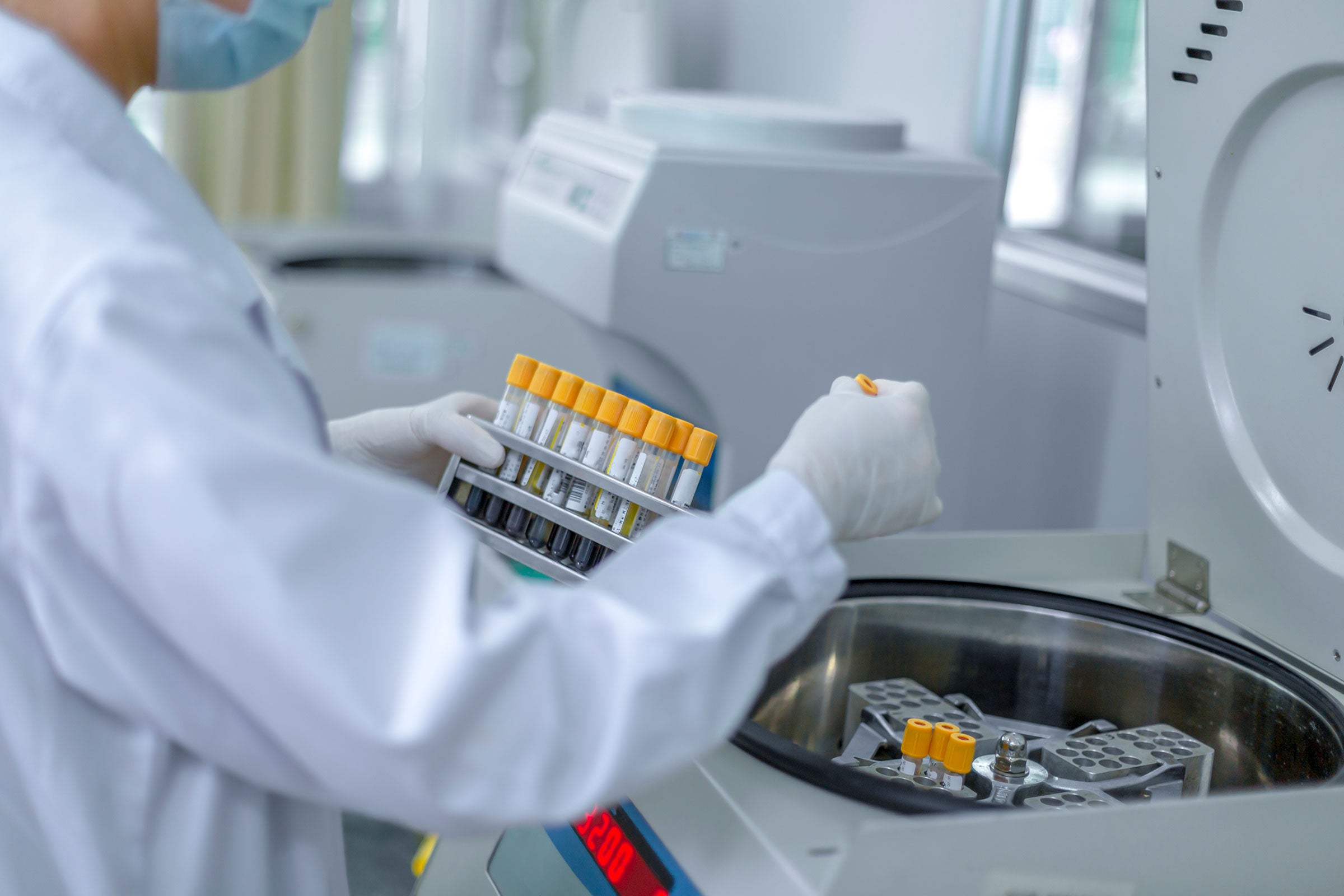
Medical Device and IVD Regulatory Affairs and Quality Consulting
The Emergo by UL team of regulatory affairs experts helps medical device and IVD companies achieve their market access goals and maintain post-market compliance in more than 20 countries.

Medical Device Cybersecurity Certification
We perform independent validation that medical products and systems provide reasonable protection against cybersecurity risks and vulnerabilities.

ULTRUS™ ComplianceWire® Learning and Qualification Management System
Our industry-leading learning management system, part of ULTRUS software from UL Solutions, provides automated training capabilities for health and life sciences companies’ employees.

ULTRUS™ Prospector® Material Discovery
Our ULTRUS Prospector Material Discovery digital search engine enables users to identify various alternative materials for their medical products using performance and regulatory criteria.

ULTRUS™ UL 360 ESG Data Management Software
Our ULTRUS™ UL 360 Data Management software automates ESG data collection and reporting, and features carbon tracking, disclosure and reporting capabilities for scope 3 and other emissions.
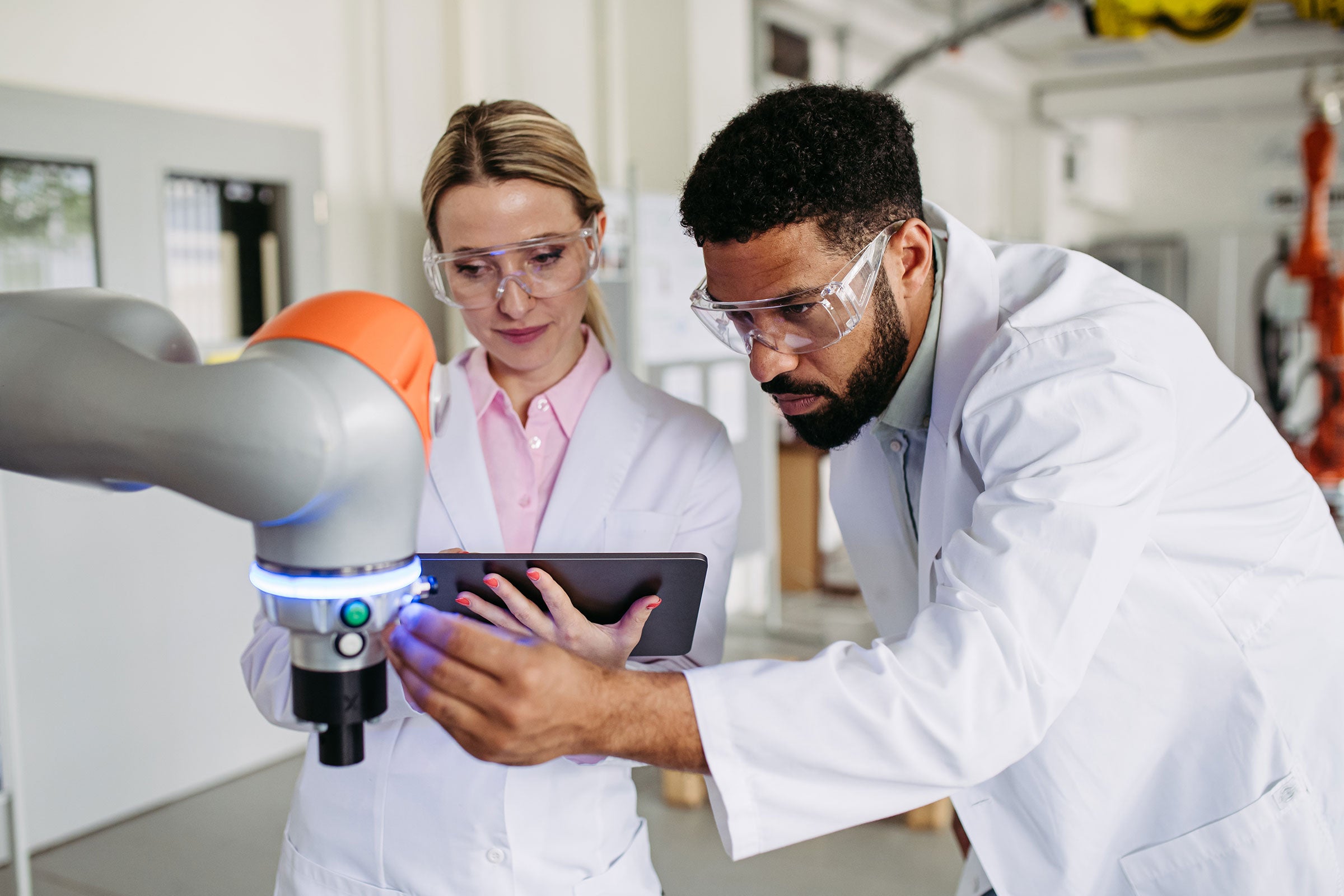
Medical Device Performance and Safety Testing
We conduct independent, rigorous testing and certification of medical devices to help manufacturers demonstrate safety and performance claims according to regulatory requirements and industry standards.
Meet our experts

“We’re committed to guiding companies in applying human factors principles that raise the standards for safety and usability in medical devices.”
Michael Wiklund
Principal Consultant, Human Factors Research & Design
“Together, we create solutions that help Medtech innovators ensure essential technologies reach the market safely and effectively.”
Pamela K. Gwynn
Principal Engineer, Consumer, Medical & Information Technologies

Related Health and Life Sciences resources
"UL Solutions played a crucial role in the certification process."
Edyta Kocyk, company founder and president, Sidly
"Their attention to detail uncovers insights that we would have overlooked ourselves."
Fractyl Health
Frequently asked questions
- What are some key laws and regulations affecting the industry*?
In the U.S., the Federal Food, Drug and Cosmetic Act (FD&C Act) authorizes the Food and Drug Administration to regulate medical products. In the European Union, the Medical Devices Regulation (MDR) and In Vitro Diagnostic Medical Devices Regulation (IVDR) apply to medical device and IVD manufacturers seeking European market access. Health and life sciences companies must comply primarily with the Pharmaceuticals and Medical Devices Act (PMD Act) for market access in Japan.
*This is not a comprehensive or exhaustive list but provides examples of health and life sciences regulations in markets worldwide.
- What should companies look for when choosing a learning management system?
Any in-house or third-party learning management system or program should provide comprehensive, role-based employee training features, but also specialized training capabilities for high-risk activities such as sterilization. Programs should also enable qualified personnel to keep up with other regulations subject to change, enabling more proactive monitoring of regulatory schemes to avoid potential noncompliance.
- What factors make cybersecurity risk management challenging for companies?
Managing cyber vulnerabilities, particularly those weaponized or exploited by advanced persistent threat (APT) groups, is a major challenge for health and life sciences companies. Firms may delay their software release schedules due to cybersecurity-related issues discovered during testing, impacting launches of secure devices and systems.
- How can companies gain more visibility into their supply chains?
Robust software capabilities in conjunction with processes and personnel are required for more comprehensive supplier risk management. Companies require tools to identify potential alternative sources of materials, diversify their supply chain networks and mitigate the risk of product quality controversies or supply disruptions.
- Which challenges do firms face in order to establish ESG disclosure processes?
Some of the key challenges include fulfilling regulatory requirements when transitioning from single-use to reusable products, addressing blanket bans of materials when there are no clear alternative plans and complying with repackaging and cross-border regulations. Managing Scope 3 emissions in supply chains poses challenges, as it involves collaboration with third-party suppliers to track these emissions.
Within UL Solutions, we provide a broad portfolio of offerings to many industries. This includes certification, testing, inspection, assessment, verification and consulting services. In order to protect and prevent any conflict of interest, perception of conflict of interest and protection of both our brand and our customers’ brands, UL Solutions has processes in place to identify and manage any potential conflicts of interest and maintain the impartiality of our conformity assessment services.
Get connected with our sales team
Thanks for your interest in our products and services. Let's collect some information so we can connect you with the right person.

